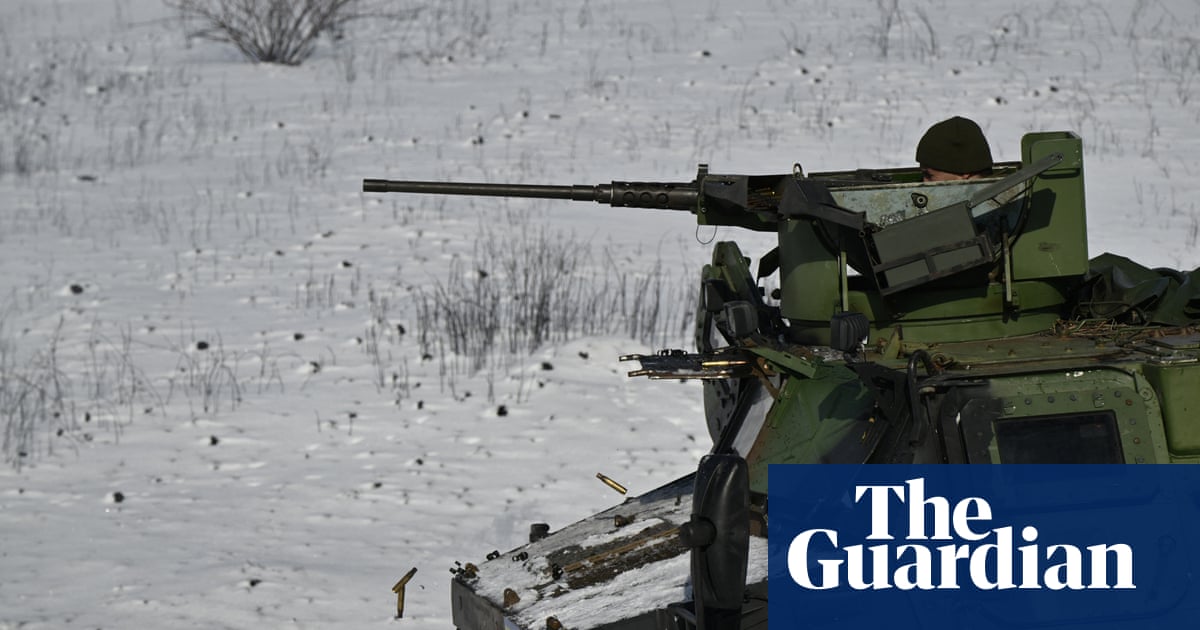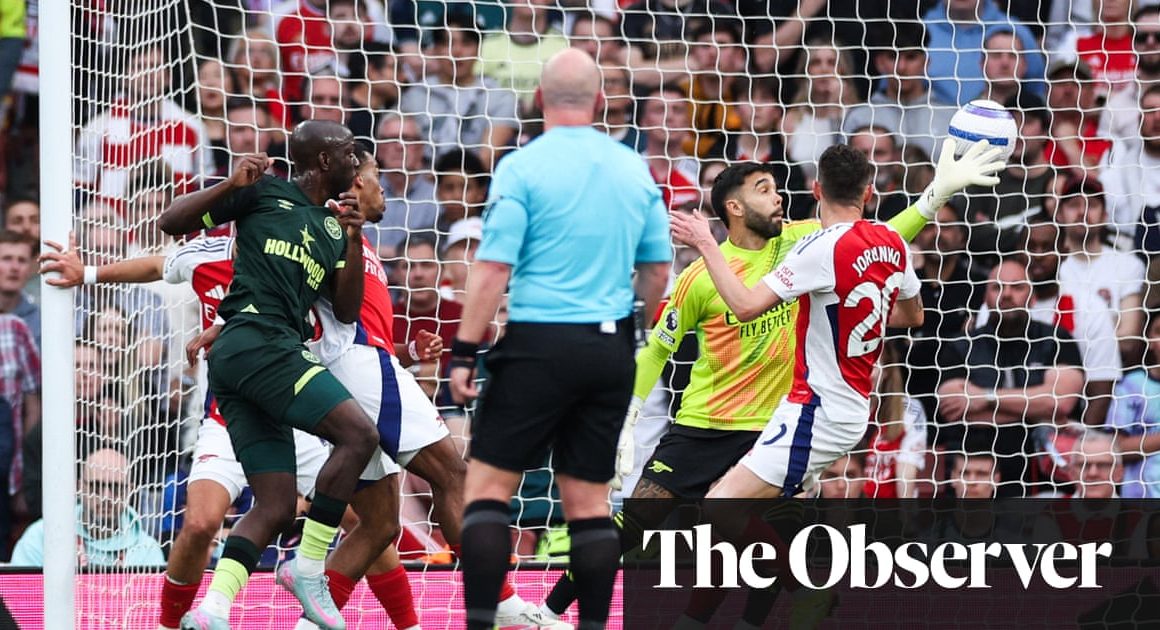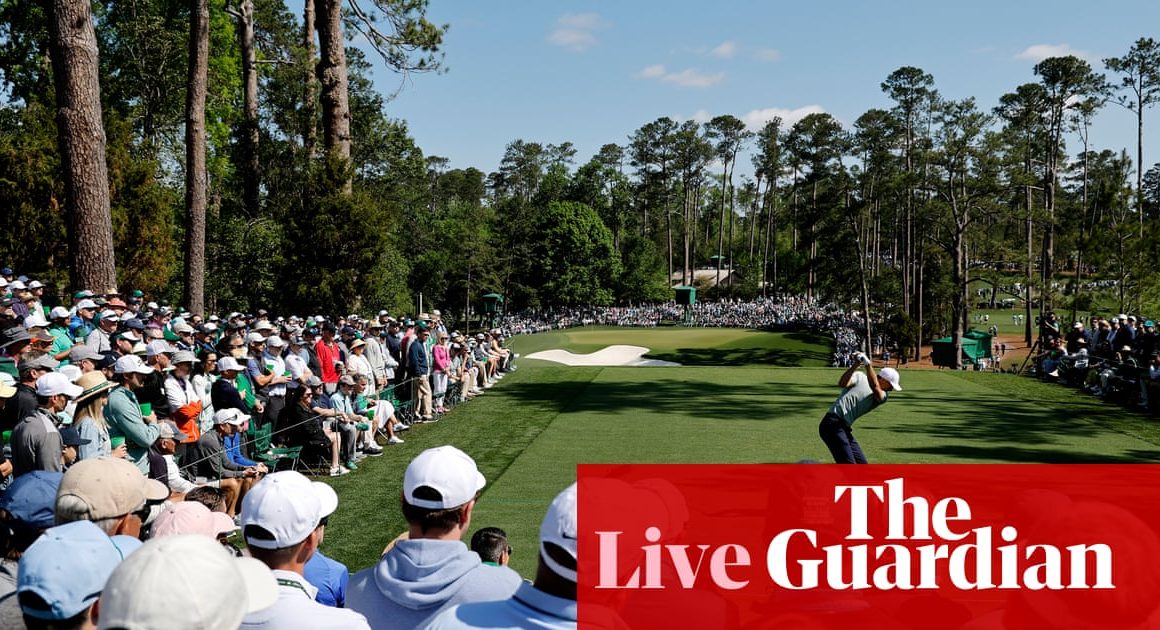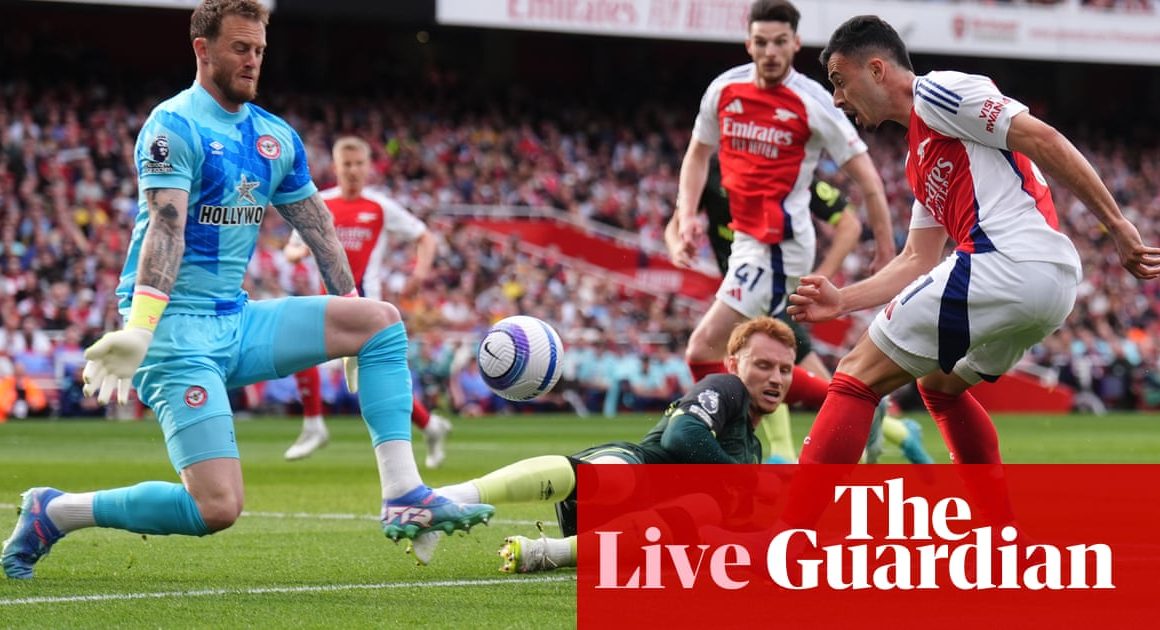The US is trying to “please” Vladimir Putin as it aims for a “quick win” by rushing towards a ceasefire in the Russia-Ukraine war, Volodymyr Zelenskyy said in an interview broadcast on Monday. “The US is now saying things that are very favourable to Putin … because they want to please him. They want to meet quickly and have a quick win. But what they want – just a ceasefire – is not a win,” said Ukraine’s president, according to a translation provided by broadcaster ARD. “We [Ukraine] will not sign just anything in order to be applauded … the fate of our state for generations to come [is at stake].”
Zelenskyy warned that Europe was in a weak position if it could not rely on US security assistance. While “readiness has increased” in recent years, “in terms of troop strength, the number of combat troops, the fleet, the air force, the drones … I honestly think that Europe is weak today”, he said. Zelenskyy said Ukraine had grown more resilient over the past three years and that “Putin wouldn’t be able to occupy us the way he wanted to”. Even so, he warned that “there will definitely not be a Ukrainian victory without US support”.
Zelenskyy said he and Trump had spoken about deploying foreign troops to police a future ceasefire. “I told him the Americans should be a part of this, because otherwise we might lose our unity.” At a meeting of Kyiv’s backers in Brussels last week, Pete Hegseth, the US defence secretary, flatly rejected the possibility of a US troop deployment to Ukraine.
Zelenskyy has hardened his language since the US announced one-on-one talks with Russia, excluding Ukraine and Europe. On Monday he said that Kyiv “did not know anything about” the talks in Saudi Arabia this week and “cannot recognise any things or any agreements about us without us. And we will not recognise such agreements”.
Speaking after emergency talks between European leaders in Paris, the Danish prime minister, Mette Frederiksen, also warned the US against attempts to agree a “fast” ceasefire, which would give Russia the chance “to mobilise again, attack Ukraine or another country in Europe”. Russia was “threatening all Europe now”, she said. The war was about Russia’s “imperial dreams, about building a stronger and a bigger Russia, and I don’t think they’re going to stop in Ukraine”.
After Keir Starmer, Britain’s prime minister, said he would consider putting troops in Ukraine to enforce a peace deal, the prime ministers of Sweden and the Netherlands indicated they would consider it if the peacekeeping force had a strong and clear mandate. The Polish prime minister, Donald Tusk, said Poland did not plan to do so. The German chancellor, Olaf Scholz, said: “We in Germany are prepared to contribute soldiers to a security guarantee for Ukraine if necessary.” However, he was “irritated”, adding: “It is completely premature and completely the wrong time to have this discussion now … I want to say that quite frankly, people are talking over Ukraine’s head, about the outcome of peace talks that have not taken place and to which Ukraine has not said yes.”
Keith Kellogg, officially Donald Trump’s Ukraine envoy, on Monday denied that Washington would impose a peace deal “on an elected leader of a sovereign nation”, meaning Zelenskyy. Kellogg, however, does not appear to be involved in the Russia-US talks taking place in Saudi Arabia this week. Asked if the US would put a security guarantee behind other countries sending troops to enforce a ceasefire, Kellogg said: “I’ve been with President Trump, and the policy has always been: you take no options off the table. Before any type of discussion and security guarantees is finalised, of course those discussions are going to take place. Answers to those questions will be determined as you come up with the final process.”












